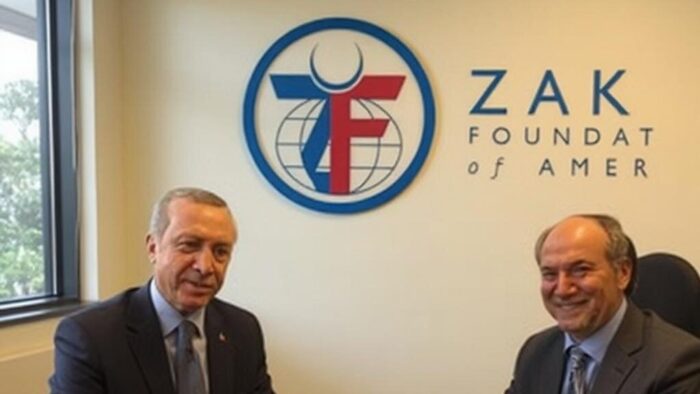On November 12, 2024, INSS reported that Iranian influence operations on social media have dramatically expanded since October 7, targeting multiple Israeli audiences with sophisticated disinformation campaigns. The article begins:
In recent years, Iranian actors have carried out a range of hostile influence operations as part of the Israeli public discourse, aiming to expand social and political rifts, create political tension and chaos, and encourage demonstrations and distrust of the government and its democratic institutions. Since the outbreak of the war in Gaza, the Iranian influence operations have focused on issues related to the war and the attempt to sow distrust and demoralization, incite violence against Arab citizens, and deeply penetrate the discourse surrounding the issue of the return of the hostages. These operations have been conducted on a variety of social media platforms, have used artificial intelligence tools, and have simultaneously attempted to influence both the general public and individuals to advance the operations’ objectives. The Iranian influence operations blur the boundaries between the digital realm and the physical world, as well as between influence, recruitment, activation, and intelligence-gathering practices—a combination that produces new threats in the digital realm. The State of Israel should respond to the threat of Iranian influence efforts in the digital realm.
Key Points:
- Iran operates multiple fake social media accounts, simultaneously targeting opposing Israeli political groups to maximize social division.
- Operations blend digital and physical world tactics, including placing signs in public spaces and staging provocative real-world events.
- Iranian agents increasingly use AI-generated deepfakes and sophisticated graphics to create convincing fake content.
- Hackers exploit war-related tensions, particularly around hostage negotiations, to demoralize Israelis and erode public trust.





